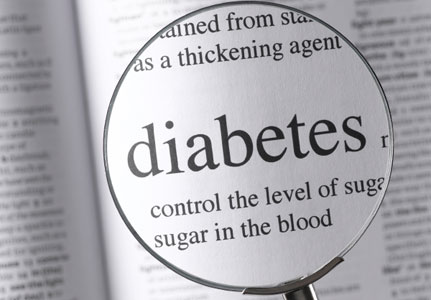Overview
The Prevalence of Diabetes Mellitius in Singapore has since been going up annually. Studies shows that Singaporeans today have been leaning towards a high calore diet, almost competing with the residents in western nations.

Diabetes is a chronic disease and affects 10% of Singapore’s population. That’s around 1 in 10 people.
One of the leading causes of blindess, diabetic retinal eye disease (retinopathy) has made notoriety for being more common in patients in proportion to the duration and severity of their diabetes.

Patients with both type I and type II Diabetes are at risk of developing diabetic retinopathy. The good news is that most cases can be prevented and controlled with early detection and prompt treatment.
What You Need To Know
How can I diagnose Diabetic Retinopathy?
Regular annual eye checks are very important. Early diabetic retinopathy usually has no symptoms and may not cause blurring of vision. They are thus often not diagnosed. However, early changes can be easily treated and blindness can be prevented. Often, when the patient experiences some symptoms, (e.g blurring or distortion in vision), diabetic retinopathy may already be in the late stages or complicated with other conditions e.g. cataract, glaucoma. At this stage, treatment is still possible but recovery may be limited.
Fundal Photography Fundal Fluorescein Angiography Optical Coherence Tomography
Prevention
How can you reduce the incidence and severity of Diabetic Retinopathy?
- Have a healthy diet as advised by your Doctor or Nutritionist
- Control blood sugar levels with regular blood sugar and HbA1c monitoring
- Exercise regularly
- Stop smoking
- Reduce your intake of alcohol
Treatment Options
Early stages of diabetic retinopathy may not require any treatment. However, regular monitoring and preventive measures (as mentioned above) should be under taken. Severe visual loss can be prevented if diabetic retinopathy is detected early and treated. Thus it is important to undergo a full dilated eye examination by your Eye Specialist at least once a year.
Photocoagulation Treatment Vitrectomy Anti-VEGFs
It’s important to remember that not all diabetics will lose their vision. Your risk can be reduced or eliminated by controlling your blood sugar and blood pressure, eating right, getting regular exercise and having your eyes examined regularly as advised by your Doctor. If you are diagnosed with diabetic retinopathy, don’t put off treatment. Early detection and early treatment will save your sight.
